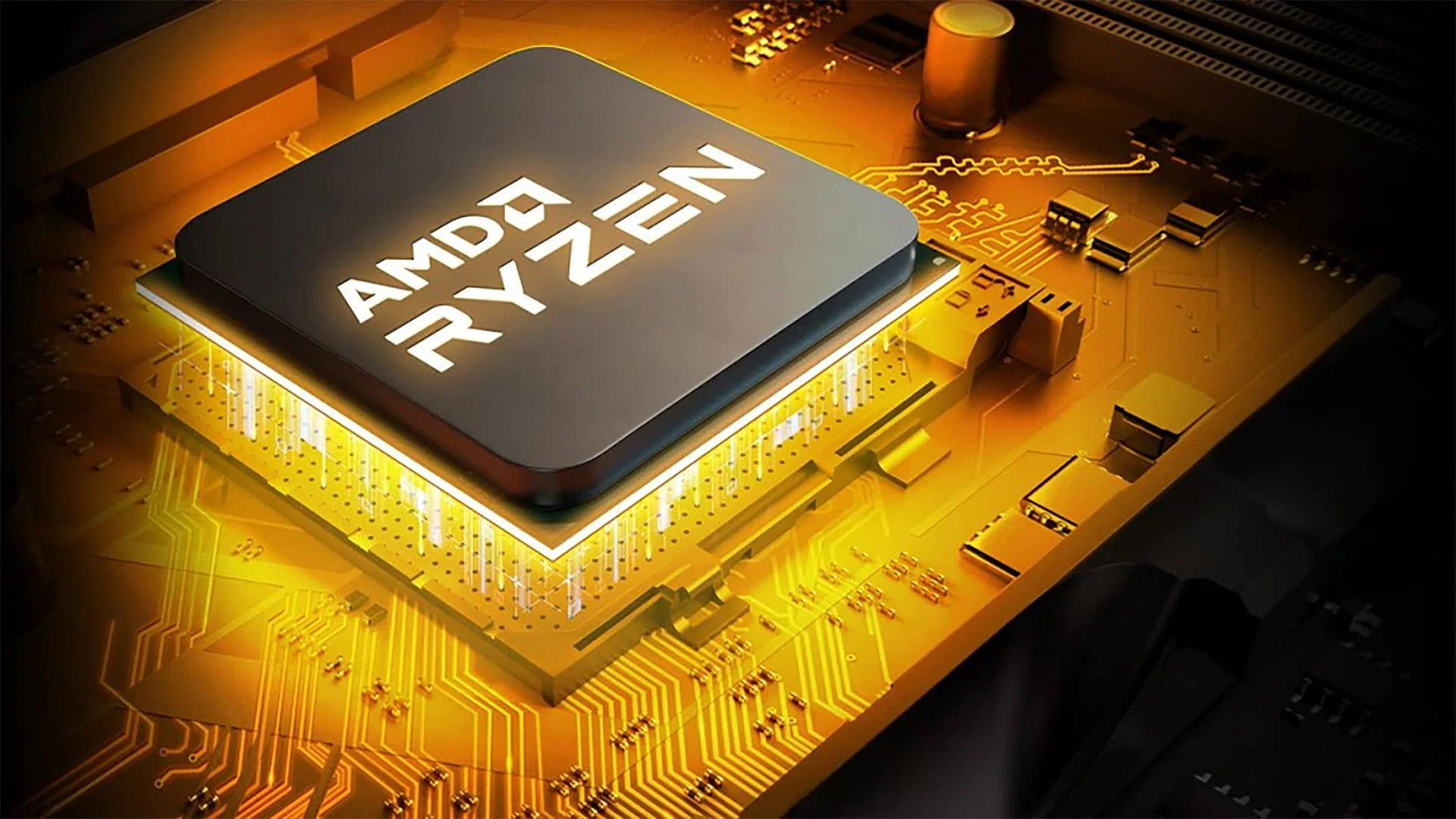
Gaming's DLSS (Deep Learning Super Sampling) and FSR (FidelityFX Super Resolution) options already feel like a checkbox cheat to unlock smoother experiences in demanding titles.
However, as Nvidia continue to push DLSS' capabilities, AMD are taking things up a notch by cutting out the middleman and making this tech more accessible than ever before with AFMF (AMD Fluid Motion Frames).
AMD Fluid Motion Frames: A universal frame generation solution
Nvidia's AI-powered DLSS tech has done wonders to improve visual fidelity and performance in a wide range of titles, but there's one problem — it requires developers to implement the frame generation tech into their titles. This means most older titles can't benefit from this tech as development has long since shifted to other projects.
Enter AMD's Fluid Motion Frames, a driver-level frame generation technology that works right out of the gate with all DirectX 11 and 12 titles — no questions asked. No developer implementation is required for gamers to enjoy the higher interpolated frames-rates that AFMF has to offer.
Outlook
According to the release notes of a recent preview driver (as reported by VideoCardz) AFMF will be support 700M integrated GPUs like the Ryzen 7040, 8040, 8000G, and Z1/Z1 Extreme-series of APUs. This means that not only is this tech arriving to laptops, but gaming handhelds too.
This could result in a solid boost in smoothness across handhelds like the Asus ROG Ally and Lenovo Legion Go, though by how much remains to be seen. Especially as AFMF works best in titles that are already running at 60+ FPS in the first place.
However, it won't be long until we can say for sure, as AMD Fluid Motion Frames' launch is right around the corner, expected to arrive January 24.







